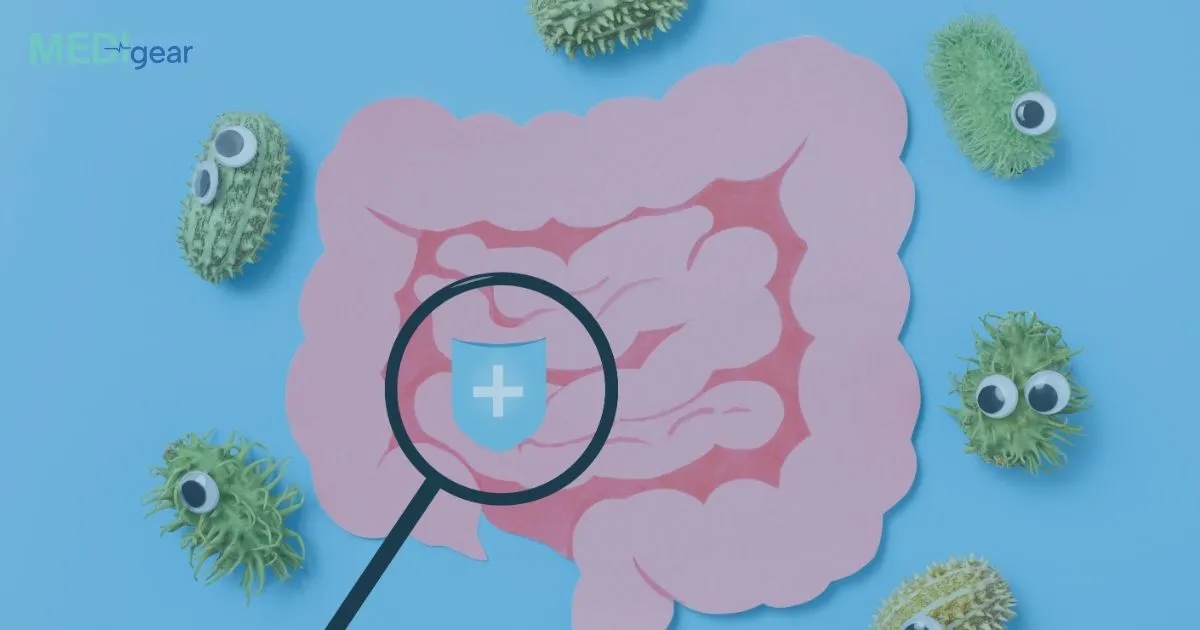Artificial Intelligence (AI) is no longer just a buzzword in healthcare—it’s becoming the backbone of modern radiology. In 2025, AI-powered radiology equipment is driving a new era of accuracy, efficiency, and predictive insights across diagnostic imaging. Hospitals adopting AI-driven systems are reporting fewer errors, faster workflows, and better patient outcomes.
1) Improving Image Quality and Clarity
AI algorithms can automatically enhance medical images in real time.
- Noise reduction improves low-dose CT and X-ray clarity.
- Smart reconstruction provides sharper MRI and CT scans with less scan time.
- AI filters highlight fine anatomical details, reducing missed diagnoses.
2) Automating Detection and Diagnosis
AI systems assist radiologists by detecting subtle abnormalities that human eyes may overlook.
- Early detection of cancers, strokes, and fractures.
- Automated lesion measurements and organ segmentation.
- AI triage tools prioritize urgent cases, reducing reporting delays.
3) Reducing Radiation Dose Safely
Modern AI-powered CT and angiography machines allow ultra-low-dose imaging without compromising accuracy.
- Dose optimization adjusts exposure in real time.
- Algorithms reconstruct high-quality images from minimal input.
- Safer imaging protocols for pediatrics and vulnerable patients.
4) Streamlining Workflow Efficiency
AI improves workflow across the imaging pathway:
- Automatic protocol selection and positioning assistance.
- Faster reporting with AI-generated summaries.
- Integration with PACS/RIS for seamless data management.
This means radiologists spend less time on repetitive tasks and more on clinical decision-making.
5) Personalizing Patient Care
By analyzing historical imaging data and patient records, AI provides personalized diagnostic insights.
- Tailored imaging protocols based on patient condition.
- Predictive models for disease progression.
- Enhanced follow-up recommendations and risk scoring.
6) Leading AI-Powered Radiology Systems in 2025
- Philips: AI-based Precise Suite with advanced reconstruction and diagnostic support.
- Siemens Healthineers: AI-Rad Companion and syngo.via integrating multi-modality AI analysis.
- GE HealthCare: Revolution Ascend CT and AI-driven workflow automation.
- Canon Medical: AI Advanced intelligent Clear-IQ Engine (AiCE) for CT and MRI image clarity.
7) Challenges and Considerations
While AI enhances accuracy, hospitals should consider:
- Validation of algorithms across diverse patient populations.
- Data security and compliance with healthcare regulations.
- Radiologist training to effectively integrate AI into routine practice.
Bottom Line
AI-powered radiology equipment in 2025 is transforming accuracy, efficiency, and patient safety. From noise-free images to automated detection and predictive analytics, AI is helping radiologists make better decisions, faster. Hospitals that embrace AI-driven imaging are investing in a future of precision medicine.






